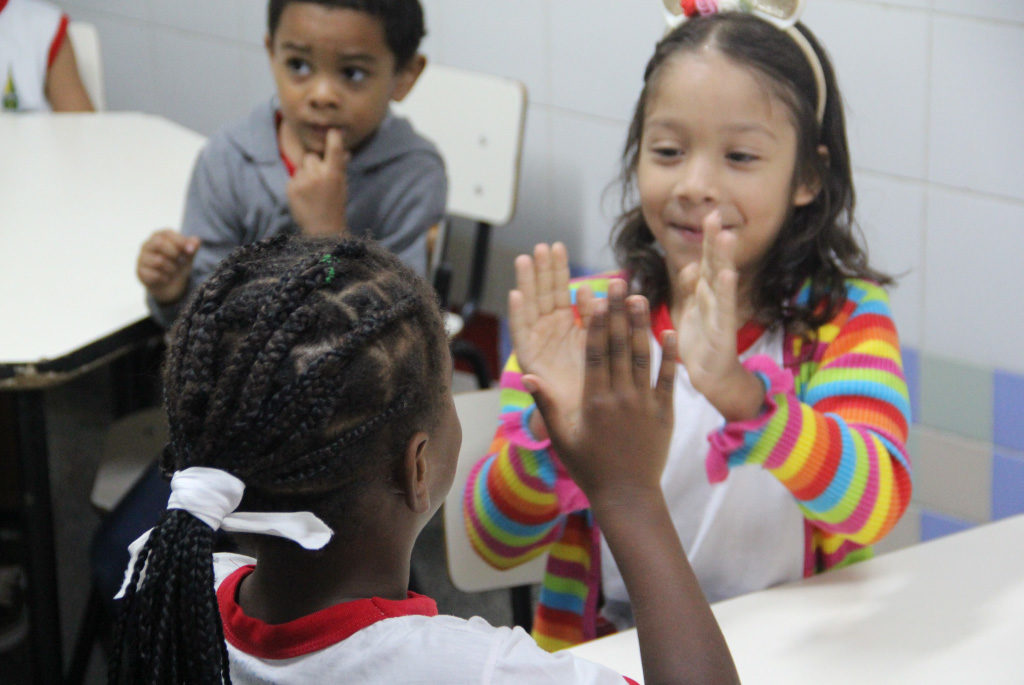
The WFP Centre of Excellence against Hunger received Nafissatou Diop, a food technologist that works for the World Food Programme’s Food Safety and Quality unit in Rome, for a knowledge exchange mission in Brazil. She visited Brazilian institutions to learn about the food safety and quality assurance practices in place and to identify synergies between the work of the WFP Centre of Excellence and her unit’s.
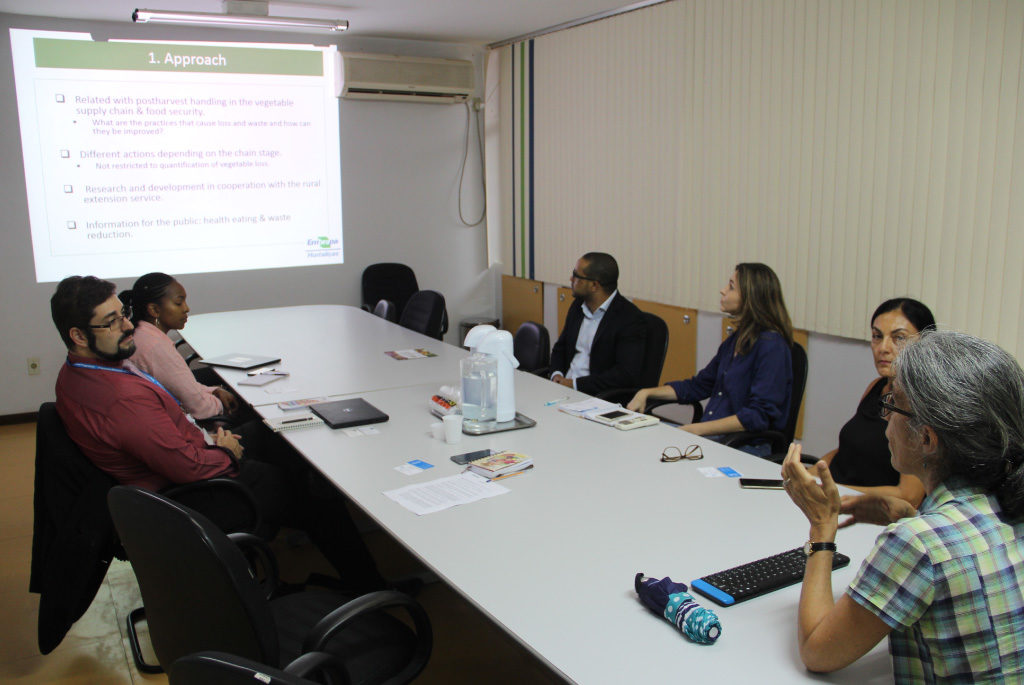
The Food Safety and Quality unit works closely with the School Feeding unit and with country offices to help strengthen local capacities to ensure food safety. They assess the situation on the ground and propose solutions to improve the quality and ensure the safety of food served to children in schools. They also develop trainings with school cooks on good practices regarding storage, hygiene, food preparation, and nutritional education. During the five-day mission in Brazil, Ms. Diop was especially interested in Brazilian practices of quality control for fresh food.
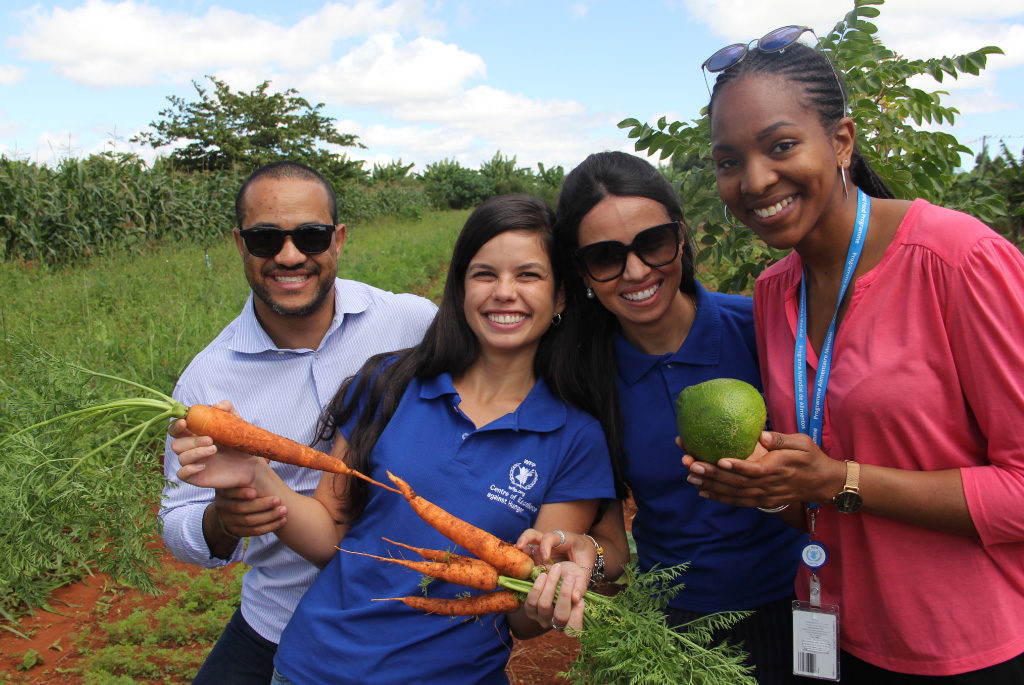
WFP provides school feeding and technical assistance to governments of 54 countries. Over half of them are in Africa. Countries are increasingly investing in home-grown school feeding programmes, which generate positive outcomes for children and smallholder farmers thanks to the local purchase of fresh food. The more intensive use of fresh food in school feeding provides children with healthier and tastier meals, but it also poses some challenges for ensuring food safety.
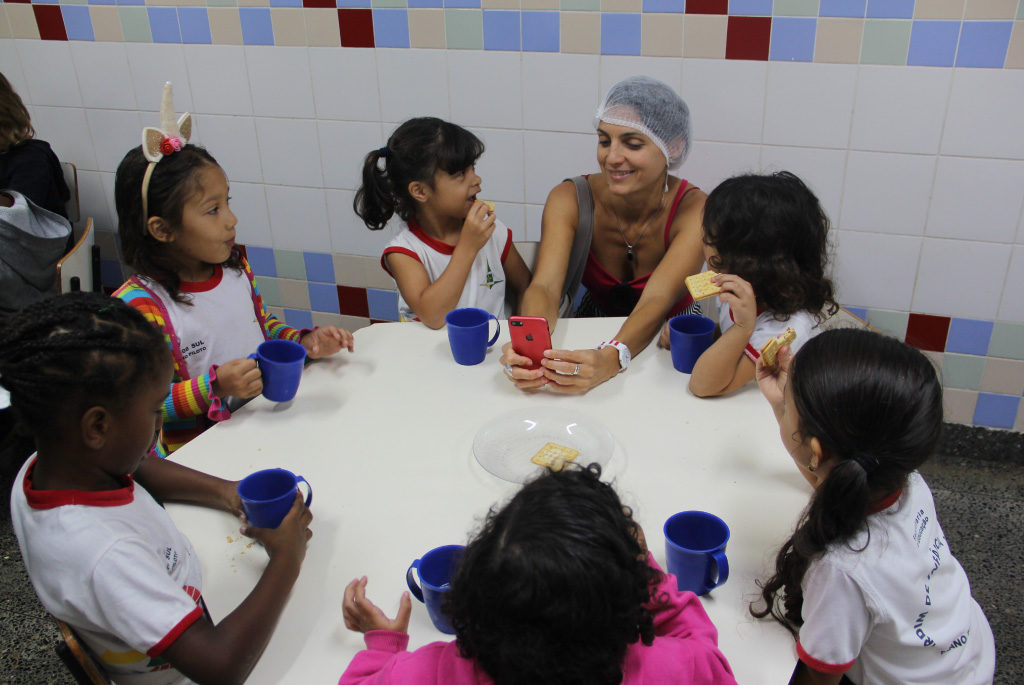
Brazil has one of the largest home-grown school feeding programmes in the world. It feeds 42 million children every school day, and the Brazilian school feeding law requires that 30 percent of the programme’s 1 billion-dollar budget must be used to purchase food produced by smallholder farmers. Ms. Diop highlighted the oversight process and the decentralization of programme execution as interesting aspects of the Brazilian programme.
She had meetings with representatives of the Brazilian Ministry of Health, the National Fund for the Development of Education, the Brazilian Agricultural Research Corporation, and the WFP Centre of Excellence team. She also visited a school, to see first-hand how the rules and standards for food safety are applied to the school feeding programme.
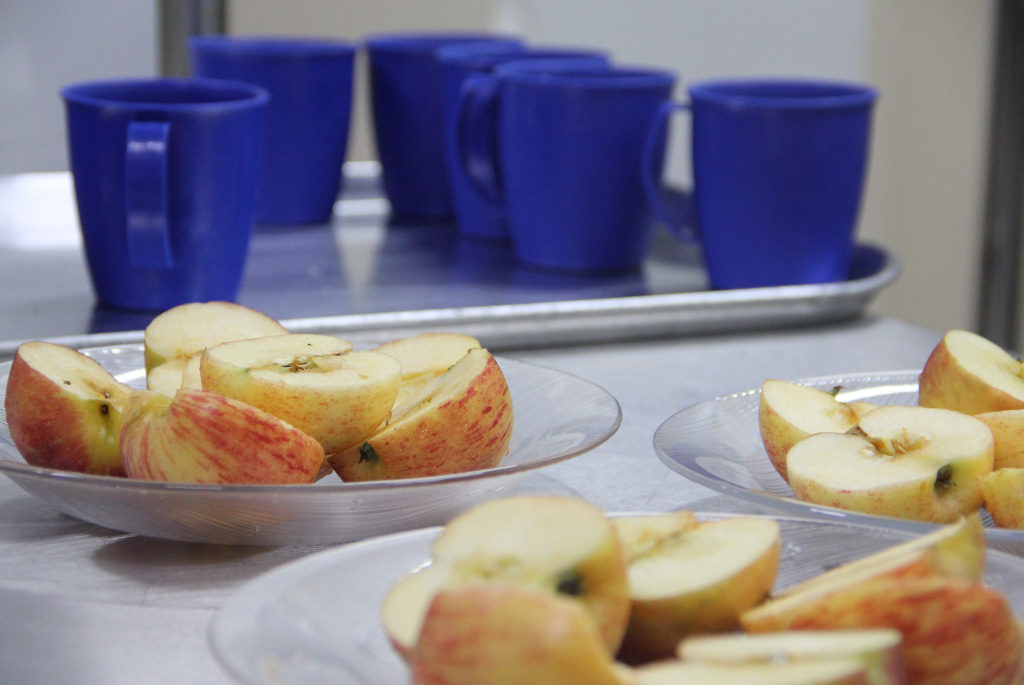
“I could see that achieving this level of implementation takes time and requires the involvement of high-level government bodies. Having a strong legislation in place is crucial to maintain the same standards and processes even if the government changes”, said Ms. Siop. Another aspect that may be useful for WFP’s capacity building efforts within countries is the integration of different sectors of the Brazilian government to ensure the quality of the school feeding programme, including the food served to children.





